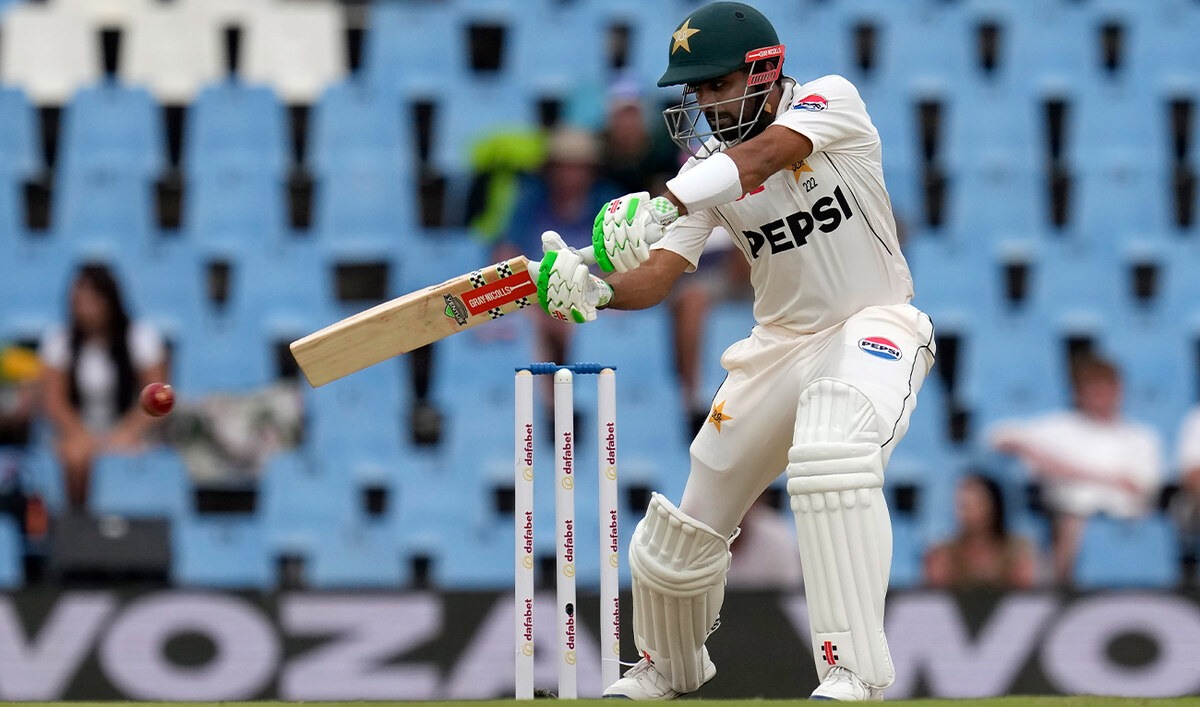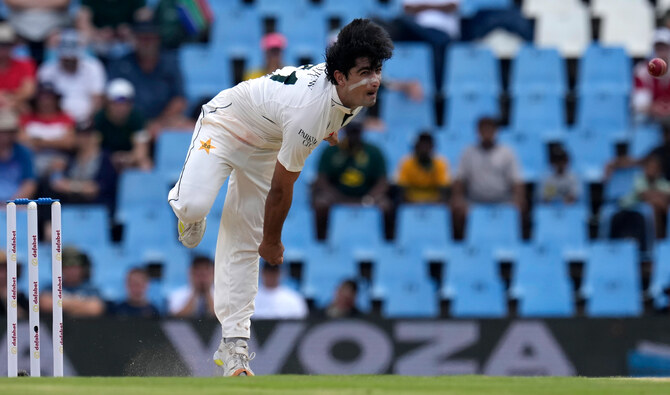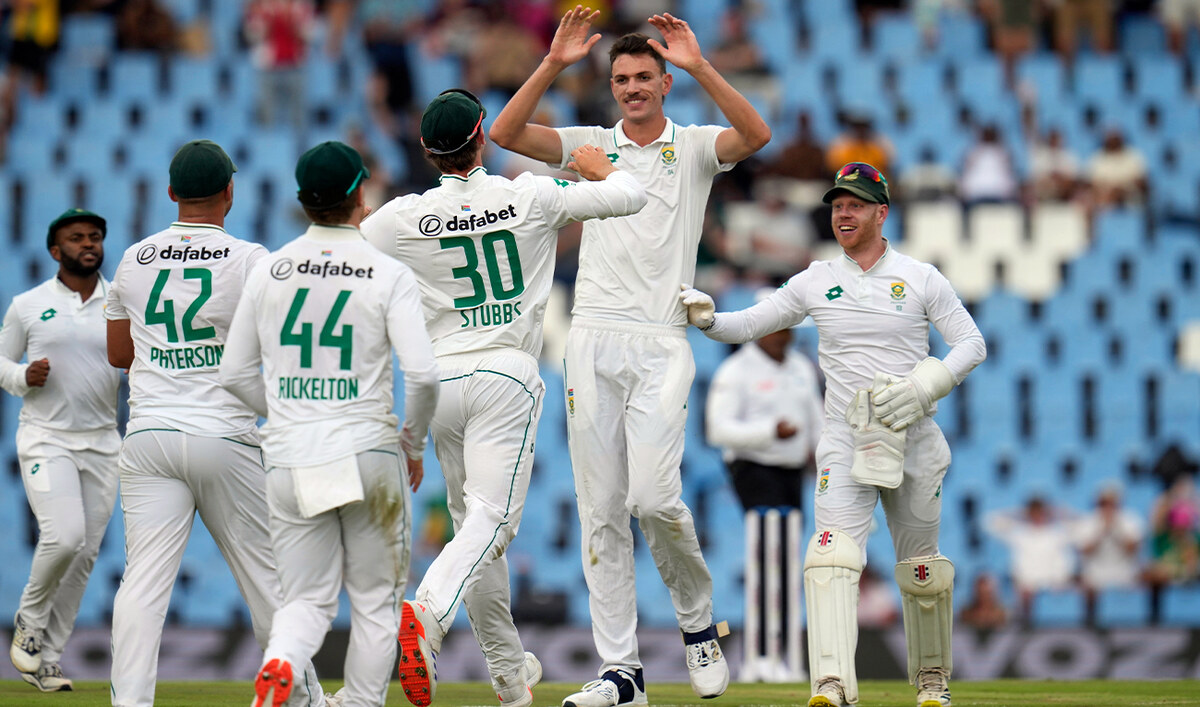ISLAMABAD: Federal Minister for Defense, Khawaja Muhammad Asif, said on Sunday “meaningful dialogue” was only possible if the Pakistan Tehreek-e-Insaaf (PTI) party of jailed former Prime Minister Imran Khan sought an unconditional apology for “orchestrating” the riots of May 9, 2023.
Khan, who has been in jail since last August on a spate of charges, has made a conditional offer for talks with the army, whom he describes as Pakistan’s “real decision maker,” and called on the military to appoint its representatives for the negotiations. The army has so far ruled out any talks.
Political temperatures have been particularly high in Pakistan since May 9 last year when alleged supporters of the PTI attacked and damaged government and military installations. Hundreds of PTI followers and leaders were arrested following the riots and some continue to remain behind bars as they await trial. The army has also initiated military court trials of at least 103 people accused of involvement in the violence. Many close Khan aides have since deserted him, due to what is widely believed to be pressure from the army, which denies interfering in politics. Khan has also been indicted under Pakistan’s anti-terrorism law in connection with the violence. A section of Pakistan’s 1997 anti-terrorism act prescribes the death penalty as maximum punishment. Khan has denied the charges, saying he was in detention when the violence took place.
Khan and his party have complained of an ever-widening crackdown against the party since May 9 and also say the Feb. 8 general elections were rigged to keep the PTI out of power, which the election commission has denied.
“It is impossible to negotiate with a party engaged in activities that undermine the political process,” Asif said in an interview to a local TV channel, when questioned about talks with the PTI. “Prime Minister [Shehbaz Sharif] has repeatedly called for discussions and even proposed a Charter of Economy to address the country’s challenges.”
In May, the head of the army’s media wing ruled out talks with the PTI without a public apology from Khan and his party over attacks on military installments on May 9.
Khan came to power in 2018 and was ousted in 2022 in a parliamentary no-trust vote after what is widely believed to be a falling out with Pakistan’s powerful military, which had helped propel him into office. The army denies political interference.
Since his ouster, Khan and his PTI have led a defiant campaign against the army, even blaming senior military officials for an assassination bid on Khan in November 2022 as he was leading a protest caravan to Islamabad.
After his removal from office, Khan was booked in dozens of cases and convicted in four. Two of the cases have since been suspended and he was recently acquitted in the remaining two, but authorities have since brought new charges against him, keeping him behind bars.
Arguably Pakistan’s most popular politician, Khan says the cases against him are “politically motivated,” aimed at keeping him from returning to power and suppressing the PTI’s popularity.



















